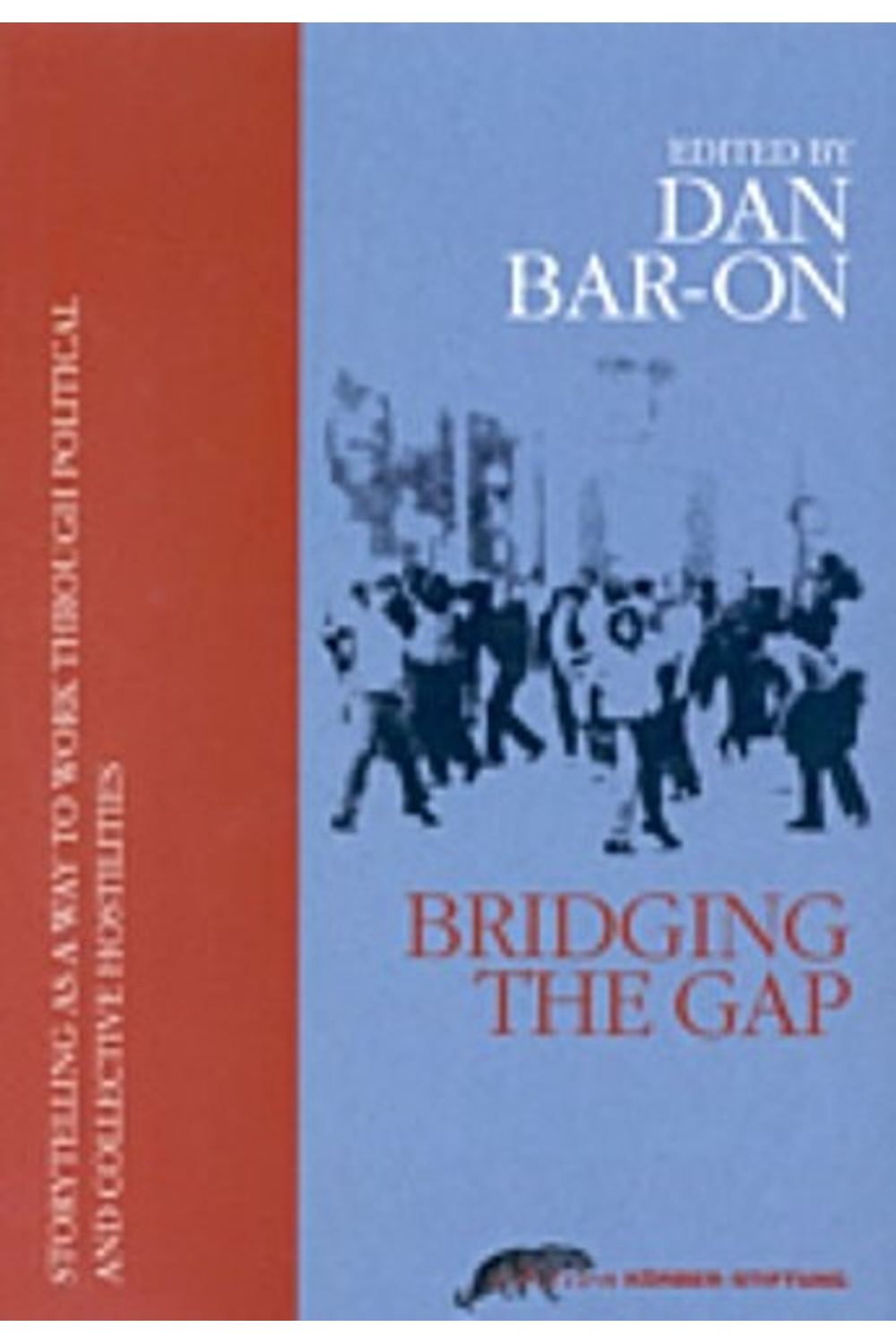Explore the potent intersection of storytelling and conflict resolution in “Bridging the Gap: Storytelling as a Way to Work Through Political and Collective Hostilities.” This book delves into the “To Reflect and Trust” (TRT) project, an innovative initiative that brought together descendants of historical adversaries including Holocaust victims and Nazi perpetrators, alongside those impacted by conflicts in Northern Ireland, South Africa, and the Israeli-Palestinian arena. Edited by Wolf Schmidt and featuring diverse voices like Samson Munn, Joe Albeck, Martin Bormann, and others, this volume offers a unique lens on intergenerational trauma and reconciliation. Discover firsthand accounts of TRT sessions, reflecting personal journeys, challenges to worldviews, and the search for common ground. This compilation doesn’t shy away from the difficulties encountered, offering an authentic portrayal of bridging divides. Explore analyses, diaries, and concluding thoughts from key figures, examining the Hamburg experiment and its lasting lessons. A vital read for those interested in political psychology, intergroup dynamics, and the potential for dialogue to heal historical wounds. This edition by Edition Krber-Stiftung, published in 2000, presents a compelling case for the use of narrative as a pathway toward understanding and peace.
Bridging the Gap: Storytelling as a Way to Work Through Political and Collective Hostilities
15,43 $
In stock
Contents: Nitai Keren: Poem; Dan Bar-On: Preface; Wolf Schmidt: Peace Making by Storytelling; Dan Bar-On: Impossible Encounters: Descendants of Holocaust Victims Meet Descendants of Nazi Perpetrators; Samson Munn: “To Reflect and Trust” (TRT): Commitments and Aims of the Project; Joe Albeck: My Way to TRT: Personal Account; Martin Bormann: One Step After the Other: The TRT Sessions Between 1992 and 1998; Julie C. Goschalk: A Challenge to My World-View: Reflecting the Personal Processes During the TRT Work; Haim Maor: Lay the Tablet; Dan Bar-On: Finding Partners: Preparations of the Hamburg Seminar; Joe Albeck: Looking for Multipliers: First Researches in Israel and Palestine; Shifra Sagy: Being an Authentic Representative? Experiences with a Candidate’s Interview; Samson Munn: Choosing Among Special People: The Northern Ireland Encounters; Deena Harris: Initial Contacts: One Week in South Africa; Dan Bar-On: The Hamburg Diary: A Brief and Personal Description of What We Went On During the Seminar; Sami Adwan: A Moment of Sharing Feelings; Fatma Kassem: A Step to Make My Dream Come True; Shifra Sagy: Myself in Society and Society in Myself; Deena Harris: Nowhere to Hide; Merle Friedman: I Struggle Even Now; George Lindeque: No Longer a Silent Bystander; Thuli Mpshe: The Power of Healing; Samson Munn: A Great Deal of Pressure; Maureen Hetherington: Deep Learning; Joseph Peake: The Aftermath of the Shoah; Ifat Maoz: Expectations, Results and Perspectives: The Evaluation Report; Susanne Kutz: Bridging the Gap: A Round-Table Discussion with Participants from Germany, Israel, Northern Ireland, Palestine and the USA; Dirk Wegner: The Weight of Words: Scenes and Memories of the Birth of an Unusual Book; Dan Bar-On: The Hamburg Experiment and Its Conclusions: A Summary; Appendix: -Literature -Vitae -Contact; The Krber Foundation; EUSTORY
| Authors | Deena Harris, Fatma Kassem, Haim Maor, Joe Albeck, Julie C. Goschalk, Martin Bormann, Sami Adwan, Samson Munn, Shifra Sagy, Wolf Schmidt |
|---|---|
| Binding | |
| Condition | |
| ISBN-10 | 3896840304 |
| ISBN-13 | 9783896840301 |
| Language | |
| Pages | 213 |
| Publisher | |
| Year published | |
| Weight | 456 |
| Dewey decimal | 303.6/9 |
Related products
- Additional information
- Currencies
- USD – United States dollar
- EUR – Euro
- GBP – Pound sterling
- CNY – Chinese yuan
- BRL – Brazilian real
- MXN – Mexican peso
- JPY – Japanese yen
- PHP – Philippine peso
- THB – Thai baht
- PLN – Polish złoty
- CAD – Canadian dollar
- MYR – Malaysian ringgit
- AUD – Australian dollar
- TWD – New Taiwan dollar
- CZK – Czech koruna
- SEK – Swedish krona
- HUF – Hungarian forint
- ILS – Israeli new shekel
- CHF – Swiss franc
- HKD – Hong Kong dollar
- DKK – Danish krone
- SGD – Singapore dollar
- NOK – Norwegian krone
- NZD – New Zealand dollar


